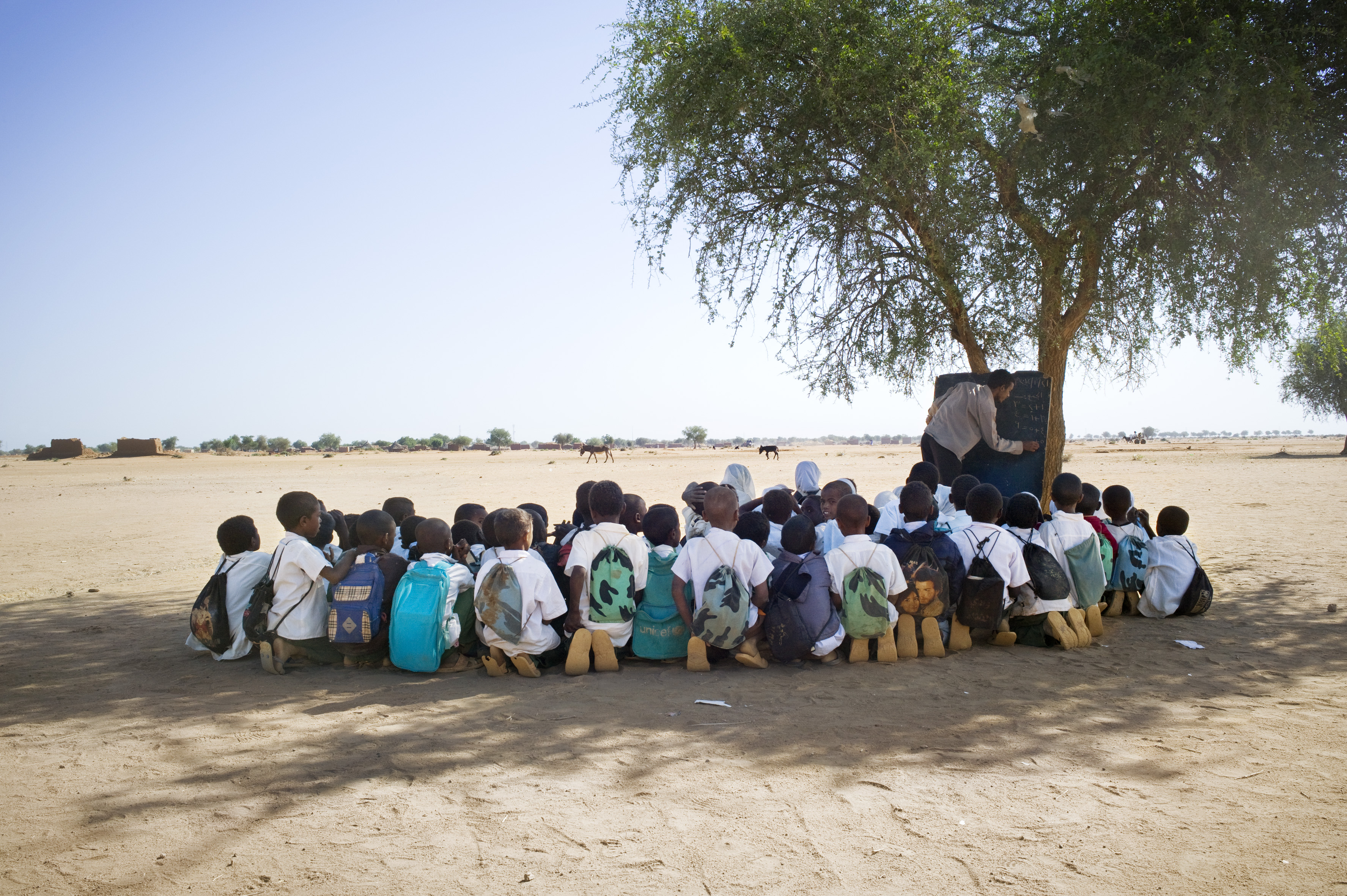
Policies
MORE OOSC IN SCHOOL: EXPANDING THE REACH OF THE GIRLS EDUCATION PROJECT
Country Context:
Nigeria, boasting the largest economy in Africa, however, is faced with challenges. The world's highest number of out-of-school children (OOSC) is a staggering 10 million, aged between 5 and 14. The northern region bears the brunt, harboring 60% of these OOSCs, primarily due to pervasive poverty, distrust towards "Western" education, and the subpar quality of available schooling. For girls, entrenched social norms like child marriage compound these challenges.
Solution
Building upon ongoing efforts in OOSC intervention, the More OOSC in School: Expanding the Reach of the Girls Education Project Phase 3 (GEP3) initiative targeted four northern Nigerian states. Drawing from previous implementation experiences, the project aims, by 2020, to enroll OOSC in primary school, ensure improved retention rates, and enhance overall primary education quality within the designated states. Key interventions include mapping and database creation for OOSC, identification of 800 target schools, community mobilization through capacity building of school-based management committees (SBMC), and a comprehensive public awareness campaign via radio and television. Financial incentives in the form of cash transfers, teacher training, school grants for infrastructure improvements, and provision of educational materials constitute crucial components of the initiative.
Impact
The project surpassed its OOSC enrollment target by an impressive 13%. While most performance indicators were met or exceeded, some disparities emerged. Primary school enrollment fell short at 66% of the target, contrasting sharply with overachievement in Integrated Qur'anic Schools (IQSs) enrollment, which reached 195%. UNICEF attributed this discrepancy partially to their OOSC definition and the reporting methodology, especially concerning the enrollment of girls. Challenges related to funding constraints and administrative issues were cited for the shortfall in teacher training and school grant disbursement. However, discrepancies in achieving targets over the extended project duration raise questions about the project's management and execution. While the project achieved commendable results, there is room for critical examination and improvement in addressing systemic issues hindering OOSC enrollment and education quality in Nigeria.
Analysis
Replicating these intervention-specific contexts would require a deep understanding of the cultural sensitivities, and local-level stakeholders' involvement would increase the implementation efficiency of the projects.












